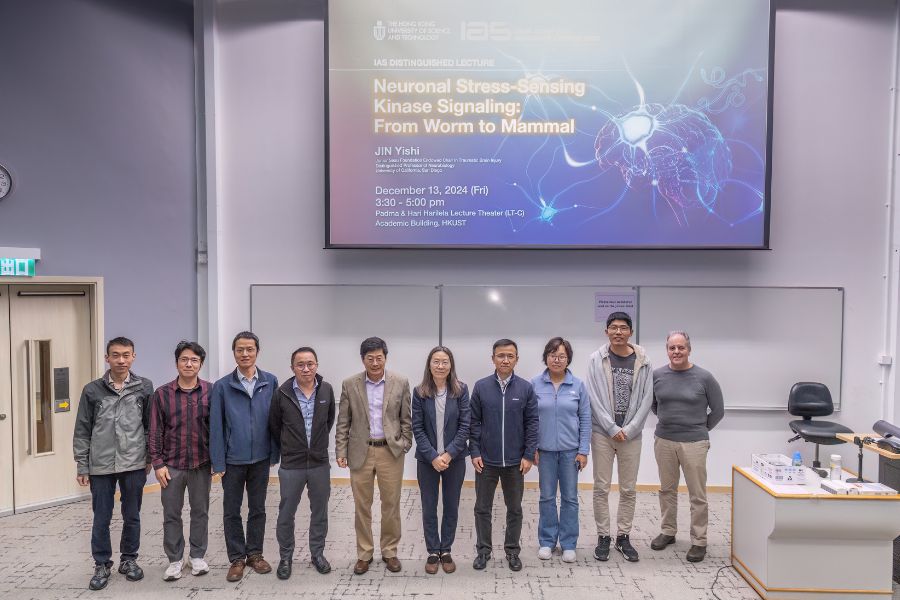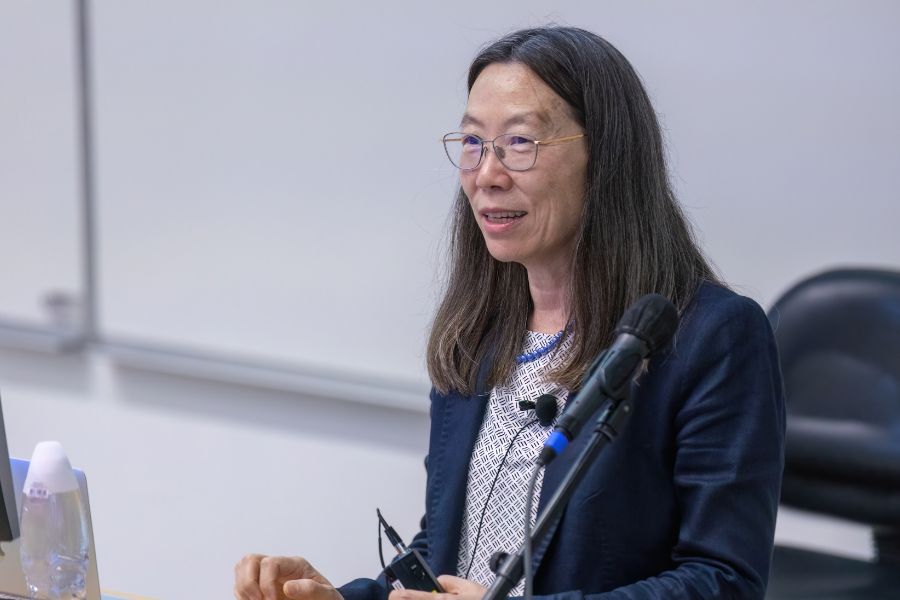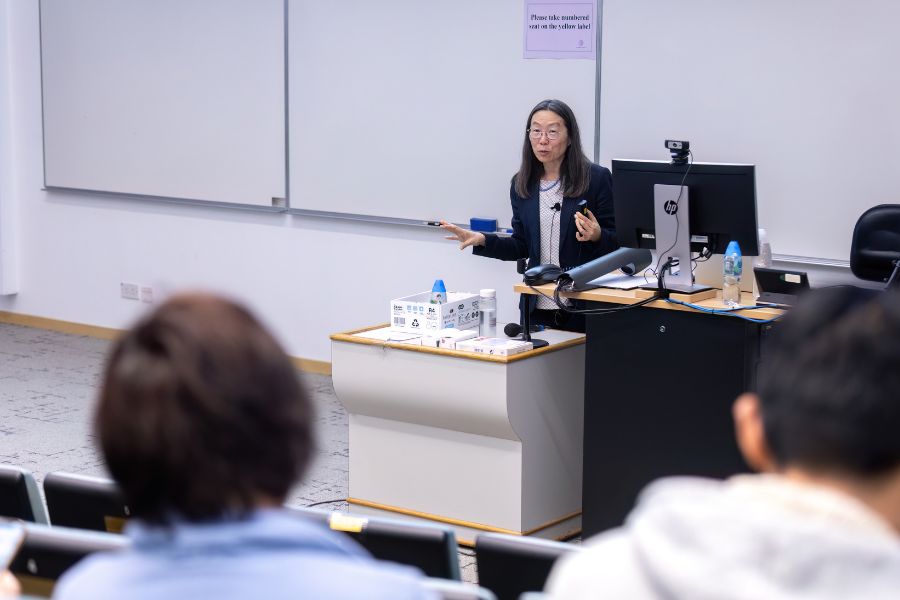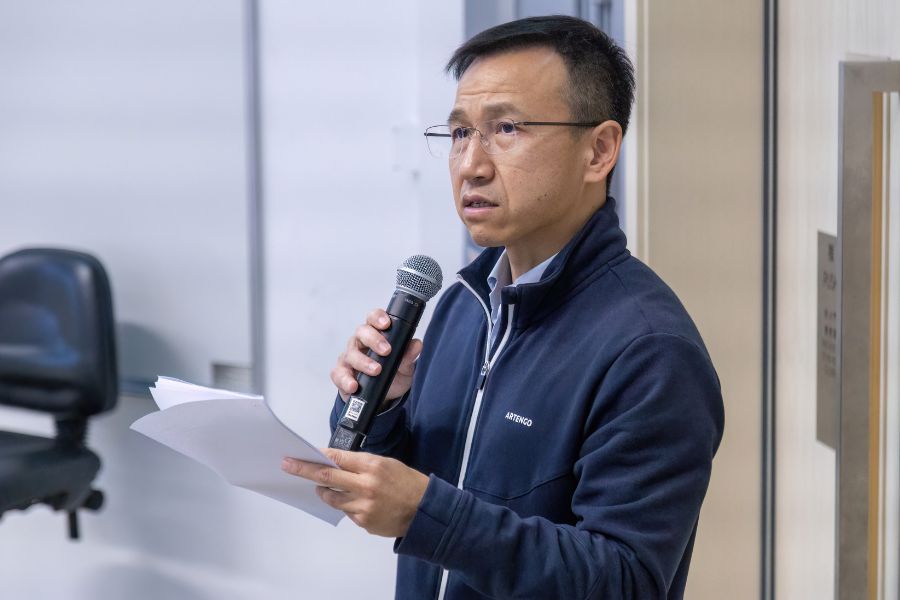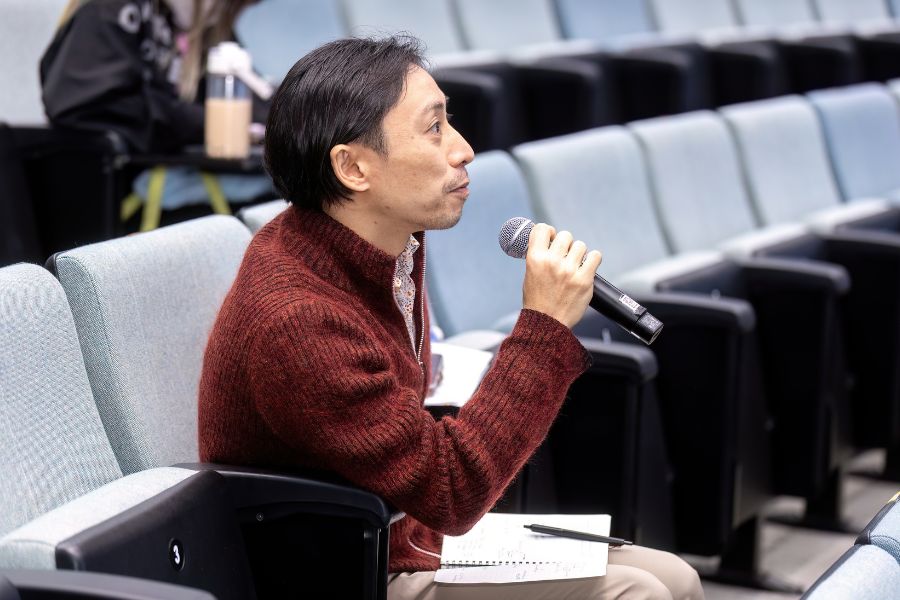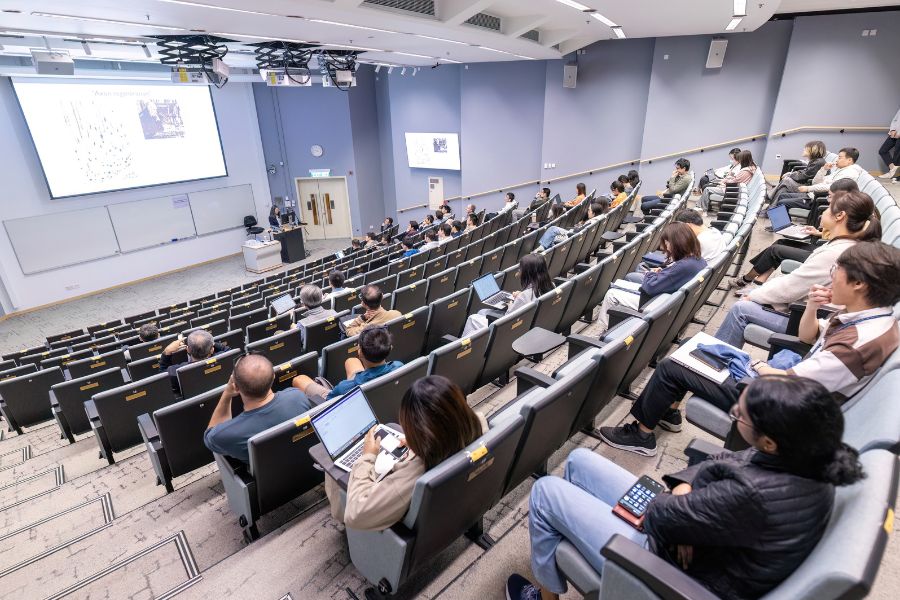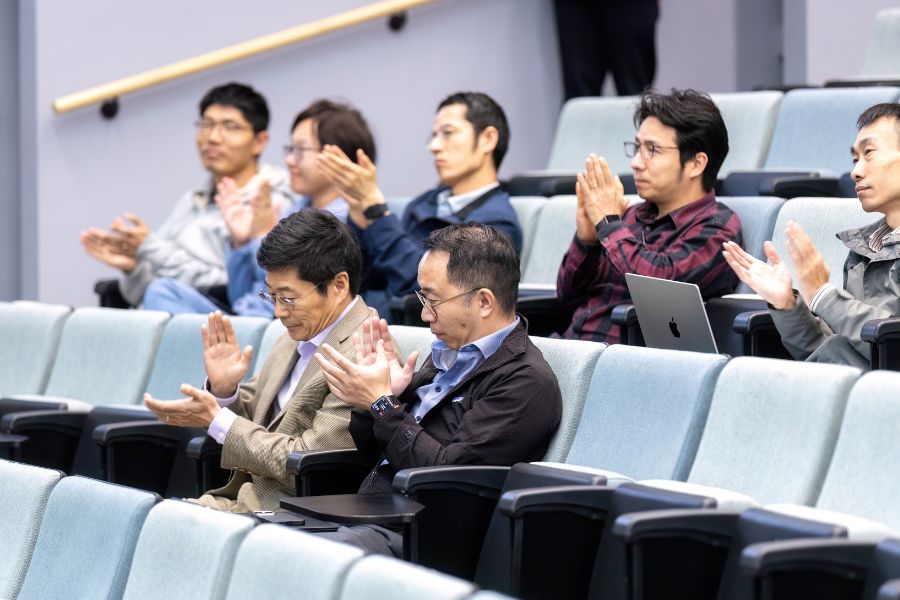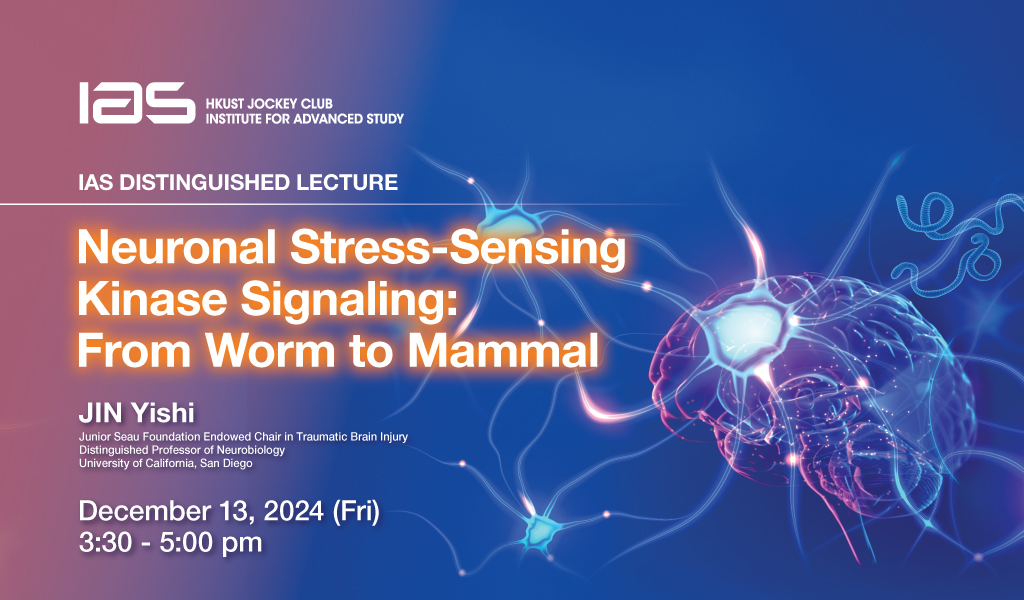Neuronal Stress-Sensing Kinase Signaling: From Worm to Mammal
Abstract
Dual Leucine Zipper Kinase (DLK), aka MAP3K12, is conserved in evolution, and plays versatile roles in neuronal development, axon injury and stress responses, and neurodegeneration. Combining forward genetic screening in C. elegans with mechanistic dissection, the speaker and her research team have unraveled the molecular and cellular network of worm DLK-1 and further extended to its mammalian homolog DLK. Their studies in C. elegans first revealed the regulation of DLK-1/DLK by ubiquitin-mediated protein degradation is critical for synapse development. Their subsequent studies using laser axotomy identified DLK-1/DLK to be essential for injury-induced axon regeneration in mature nervous system. In recent work, they have investigated the roles of DLK in the central nervous system using conditional knockout and induced overexpression mice. The speaker and her research team identified the DLK-dependent translatome that includes conserved molecular signatures and displays cell-type specificity. They find that hippocampal excitatory neurons show regional vulnerability to elevated DLK signaling. Emerging evidence has implicated abnormal DLK signaling in a number of neurodegenerative diseases. This lecture will focus on their understanding of the context-specific roles and mechanisms of these kinases.
About the Speaker
Prof. JIN Yishi is a molecular neuroscientist recognized for her work on synaptogenesis and axon regeneration. She is known particularly for her imaginative and comprehensive genetic approaches to discover key molecules and elucidate fundamental mechanisms.
Prof. Jin received her BS degree in Cell Biology from Peking University. She pursued graduate studies through the Chinese-United States Biochemistry Examination and Application (CUSBEA), and received her PhD in Molecular Biology at the University of California, Berkeley in 1991. She conducted her postdoctoral research at the Massachusetts Institute of Technology, as a Jane Coffin Childs Postdoctoral Fellow. She began her faculty position in 1996 at the University of California, Santa Cruz, and has served as an Investigator at the Howard Hughes Medical Institute. She joined the University of California, San Diego in 2007 and is now a Distinguished Professor there.
Prof. Jin received an Alfred P. Sloan Research Fellow award, an NSF Presidential Early Career Award for Scientists and Engineers, and a Jacob Javits Neuroscience Investigator Award. She is a member of the American Academy of Arts and Sciences and of the U.S. National Academy of Sciences, and is a fellow of the American Society for Cell Biology and of the American Association for the Advancement of Science.

